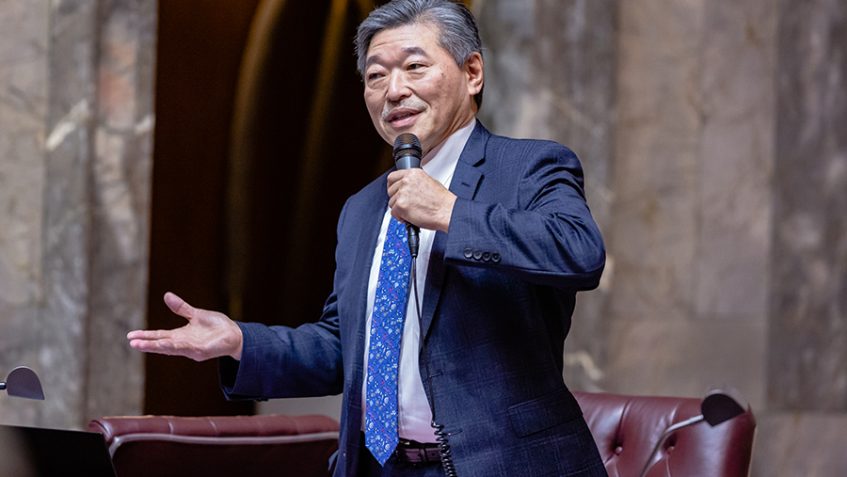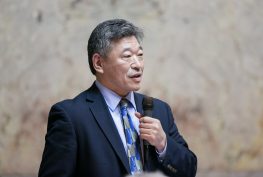Three bills designed to increase equity in Washington’s education system passed the Washington State Senate on Wednesday.
The bills, all sponsored by Sen. Bob Hasegawa (D-Seattle), would increase equity by addressing ethnic studies curricula, the shortage of teachers from underrepresented communities, and Individualized Education Programs (IEPs).
“My biggest priority for our education system is equity,” Hasegawa said. “Our kids need to know about their heritage and history, have teachers and role models who look like them, and have access to education that fits their needs. While we still need to work hard to achieve true equity, these bills move us in the right direction.”
Hasegawa’s bills do the following:
- Senate Bill 6066 requires the Office of the Superintendent of Public Instruction (OSPI) to provide ethnic studies materials for all grades, including grades K-6. Just last year, the Legislature passed a Hasegawa bill requiring ethnic studies materials for grades 7-12. This new bill expands on that previous work, and encourages schools to teach ethnic studies. To learn more about why ethnic studies programs are important, watch Hasegawa’s committee testimony.
- Senate Bill 6138 modifies the purpose of the existing Beginning Educator Support Team Program to include support for mentor educators and beginning teachers of underrepresented populations. OSPI would give grant priority to schools and districts that work with program participants from underrepresented populations or have strong ties to these populations.
- Senate Bill 6047 prohibits schools and districts from retaliating against employees who report noncompliance with IEPs. This helps ensure that educators and staff will advocate for their students without fear of retaliation, and that students will receive the support they need and are entitled to under their IEPs. Video of Hasegawa’s committee testimony is available online.
All three bills now move to the state House of Representatives for consideration.


